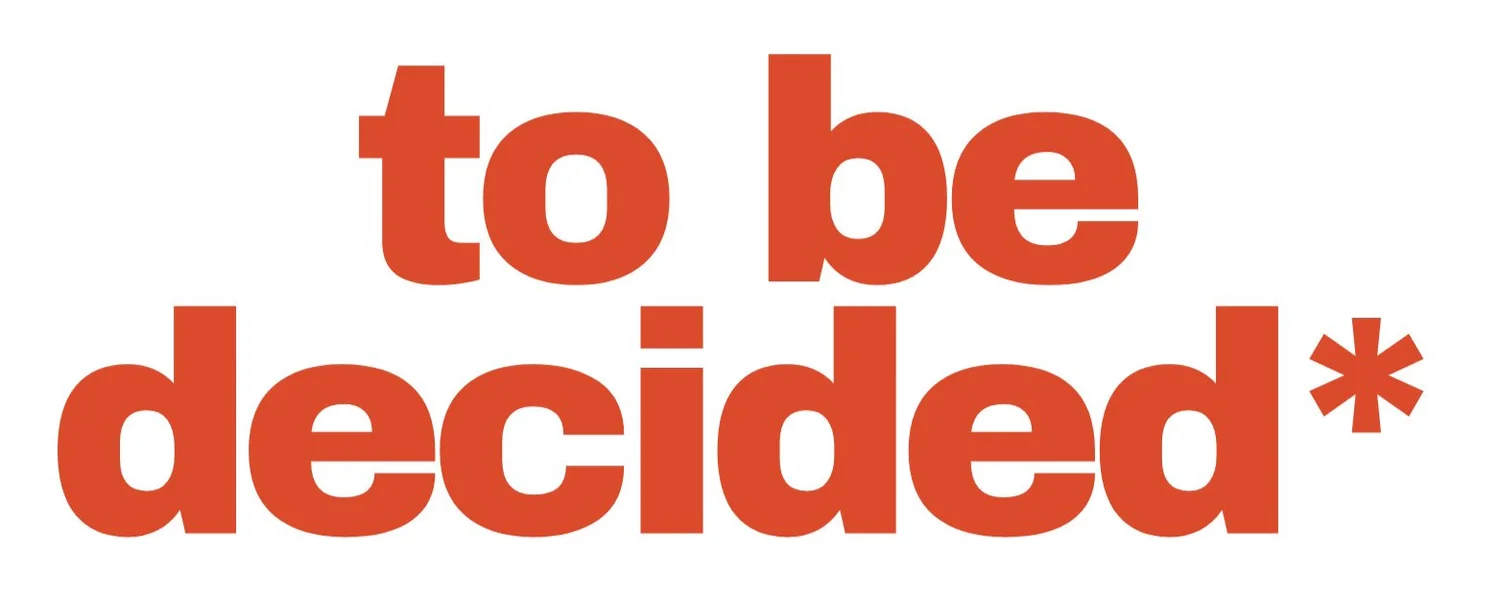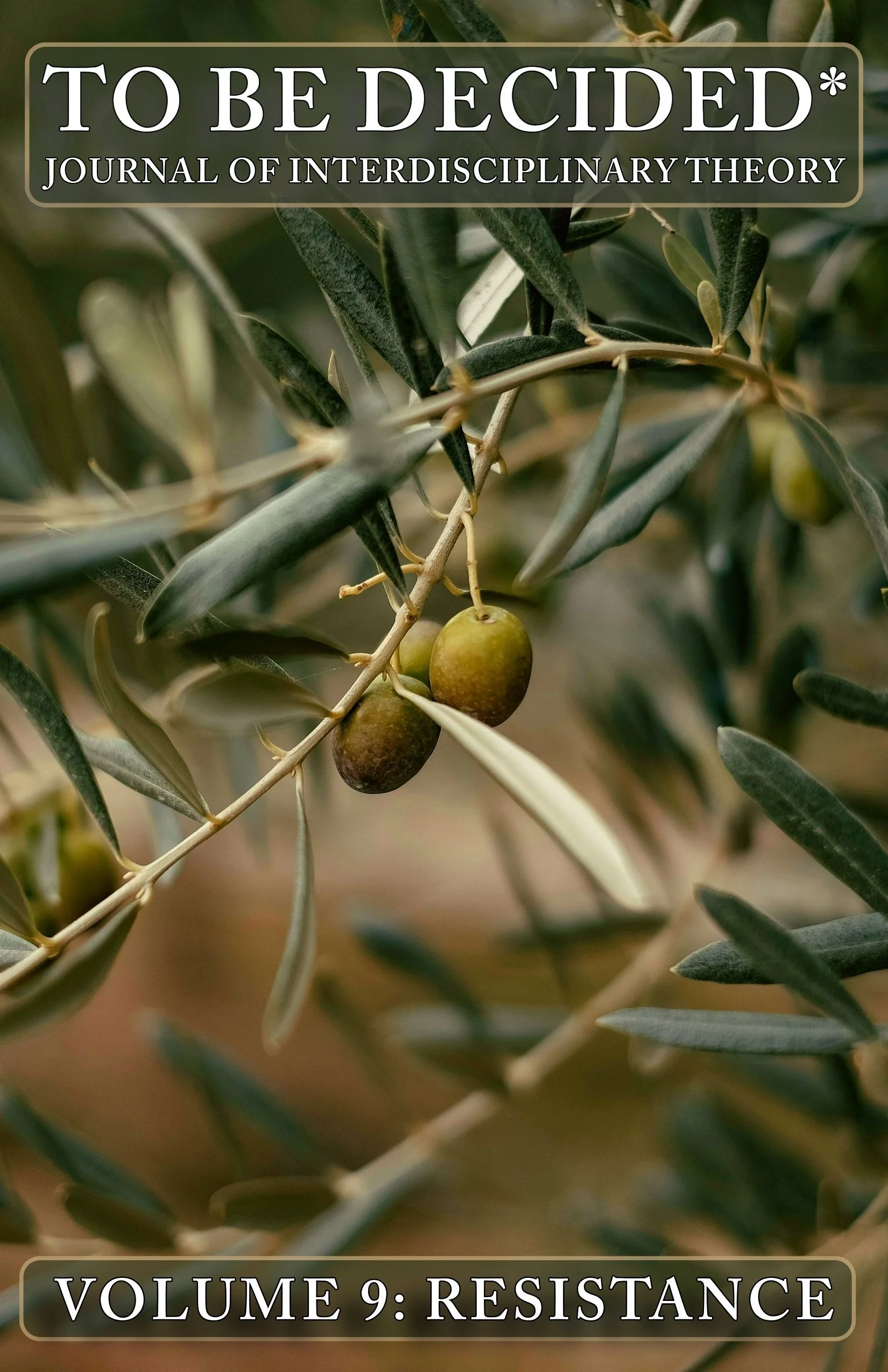Vol. 9: Resistance
Published August 2024
This article reflects on the place of violence in progressive social movements, from a Marxist and feminist perspective, with a particular focus on radical left movements. How do we define violence, and where do we draw the line between violence and non-violence? How is violence gendered and racialized? More broadly, is it legitimate to respond to violence with violence?
Since the establishment of the Canadian colonial state on Turtle Island, White settlers have used language acts and Othering as key tools for the oppression of Indigenous peoples. Through the application of these discursive tools that reframe Indigenous identities, the Canadian state has manipulated the dynamics of settler-Indigenous relations for its own benefit.
Indigenous Mayans who make up approximately sixty percent of the Guatemalan population have resisted centuries of dispossession, from the colonial era to contemporary times. How do Mayans in Guatemala resist state-imposed neoliberalism in ways that recenter their belief systems and community needs?
Although in recent decades ‘virtual worlds’ have gained much popularity among ethnographers as acceptable sites for approaching any number of contemporary social issues, upon entering the field virtual ethnographers often have little to no prior understanding or personal connection to these spaces and as a result place less analytic emphasis on the researcher and more on his or her participants (i.e. who, how and why social actors utilize these third spaces). In an effort to offer a more reflexive and holistic approach to examining ‘the virtual’ this paper employed a critical approach to first, investigate how gender, sexuality, and the family have been designed in the virtual worlds of two G-rated role-playing video games and second, consider how these very same games qualify as a third space, through which constructions of gender, sexuality, and the family can be navigated and negotiated.
For those of us who are Black, Indigenous, or otherwise visibly racialized, what does it mean to find ourselves when we are situated in and shaped by a profoundly racist society? Based in part on the experience of living through the Freedom Convoy’s occupation of so-called Ottawa, I explore the notion of finding oneself as a liberatory practice and an act of resistance.

